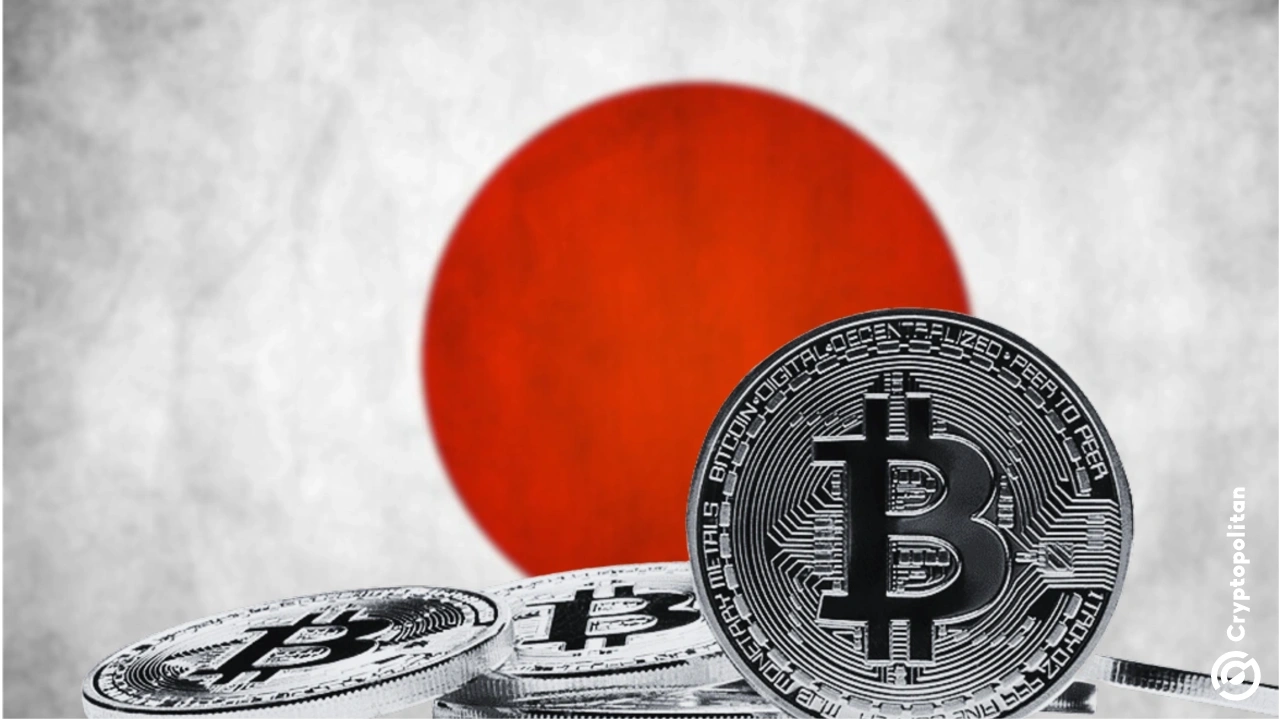Japan’s Financial Services Agency (FSA) has released a discussion paper to classify digital assets into categories based on how funds were distributed, marking a significant step towards crypto regulation.
Digital assets will be separated into two categories under this classification: Type 1 and Type 2. Examples of the type 1 category will include utility tokens. On the other hand, type 2 will include Ethereum, Bitcoin, and similar decentralized cryptocurrencies.
Depending on which category the virtual assets fall into, they are subject to different crypto regulations, adjusted to suit each type’s characteristics.
FSA proposes a two-tier system differentiating utility tokens and established cryptocurrencies
Japan’s Financial Services Agency published a paper titled “Verification of the state of the system related to crypto assets,” in which it asked for public opinion on how to classify digital assets. Additionally, the paper described in detail how the digital assets will be categorized into Type 1 and Type 2.
To begin with, Type 1, based on the paper, includes crypto assets used to finance the parent project or for business purposes.
Among these are altcoins from new projects that need community funding to expand. To be precise, this category included utility tokens.
The proposal stated, “For crypto assets of type 1, there is a high need to eliminate the information asymmetry between issuers and users regarding the purpose of use of funds raised and the content of projects, etc.”
For Type 2, digital assets with a more established or decentralized presence are classified here. Moreover, digital assets classified in this group include popular cryptocurrencies such as Ethereum and Bitcoin that do not raise funds for businesses.
They, hence, are classified as non-business or non-fundraising crypto. The proposal stated, “For crypto assets of type 2, many cannot be identified as specific issuers, so it is difficult to impose an obligation to disclose and provide information on issuers.”
Japan expresses an increasing desire to broaden its crypto laws to encourage advancements in the field
Japan has been trying to support the development and expansion of the cryptocurrency sector. In support of this, Japan has adopted a more nuanced approach to crypto regulation despite its historically restrictive stance. For example, there was excitement as the authority considered lifting its ban on cryptocurrency exchange-traded funds (ETFs).
Furthermore, Japan’s recent move to classify digital assets aligned with the country’s broader crypto regulations.
The Financial Services Agency of Japan recently said that it would be revising the Financial Instruments and Exchange Act. The agency aims to submit the changes to parliament as early as 2026. Under the revision, cryptocurrencies will no longer be seen as payment tools but rather as their own financial product category.
Cryptopolitan Academy: Want to grow your money in 2025? Learn how to do it with DeFi in our upcoming webclass. Save Your Spot
















No comments yet